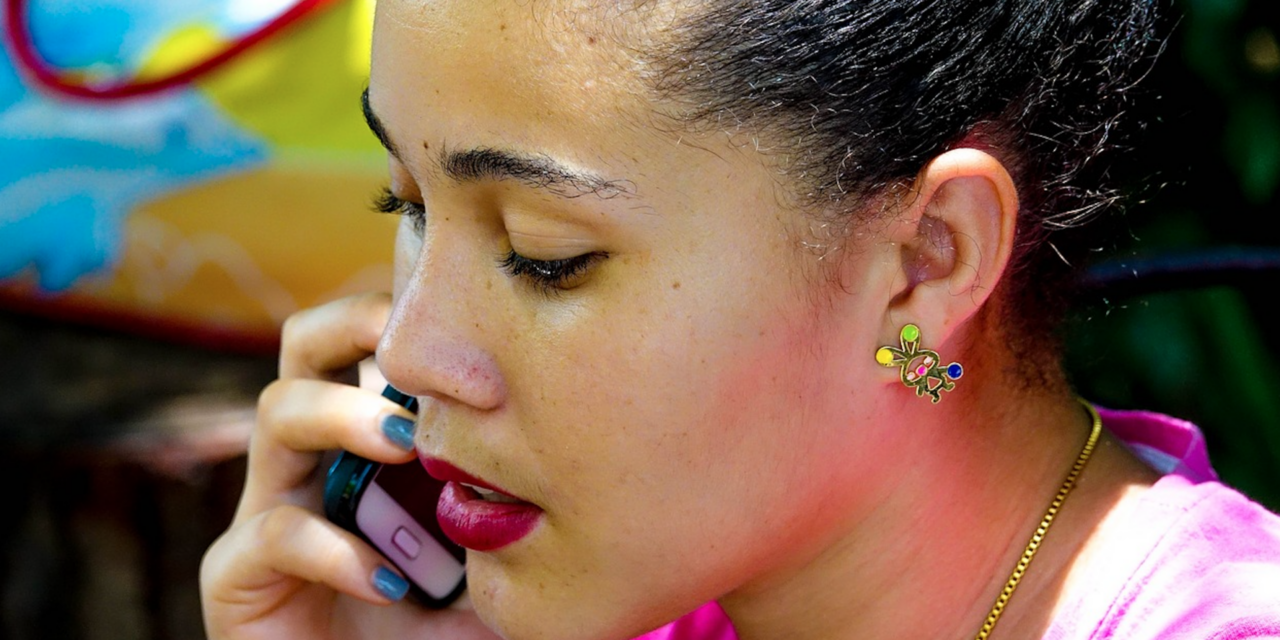The North Carolina Department of Health and Human Services (NCDHHS ) has launched a performance dashboard for the “988 Suicide and Crisis Lifeline” and it offers some insights into how the line is operating in the state and who’s using it.
One important metric, for instance, is how fast the calls are answered – and North Carolina’s 988 service beats out most other states in that regard.
The hotline connect a caller with a trained crisis counselor through a phone call, chat or text. Those trained professionals offer the callers support 24/7 and refer them to community services that may help them deal with what’s troubling them.
The service, which went into effect nationally in July of last year, is a state and federal partnership between NCDHHS and the US Substance Abuse and Mental Health Service Administration.
No one likes being put on hold or waiting a long time for someone to get on the line, but in this case a phone failure can be a matter of life or death, so properly tracking the metrics involved is extremely important.
The new dashboard shows that North Carolina is successfully meeting the demand for the 988 service – and also that North Carolina outperforms national averages in several key regards. For instance, it takes 14 seconds to answer calls in North Carolina compared to a national average of 39 seconds.
Also, North Carolina counselors answer 98 percent of all calls received, compared to a national average of just 90 percent.
The dashboard also indicates a 25 percent increase in the use of the service over the past year, which state health officials say “shows the service is playing a valuable role for North Carolinians in need of mental health resources.”
The new 988 performance dashboard provides information on contact volume, answer rates, speed of answer, age ranges and reasons for calling.
It also indicates the call volume for specific populations such as North Carolinians who reach out to the Spanish call center, Veterans Crisis Line and the LGBTQ+ youth and young adult line.
It does all that without making public any personal or confidential information.
Director of the NCDHHS Division of Mental Health, Developmental Disabilities, and Substance Use Services Kelly Crosbie said it’s vital to have the stats in an easy to access format.
“Understanding how this service is being used and by whom are keys to understanding where our crisis system is working well and where it needs to be improved,” Crosbie said. “The 988 dashboard will help us build the accountability necessary to ensure people get care they need when and where they need it.”
The 2023-2024 state budget includes $131 million to beef up and expand crisis services across the state. In addition to 988, some funded services include mobile crisis teams, crisis centers and drop-in centers that help those experiencing a behavioral health or substance abuse crisis.
Spanish speakers can now connect directly to Spanish-speaking crisis counselors by calling 988 and pressing option 2, texting “AYUDA” to 988, or chatting online at 988lineadevida.org or 988Lifeline.org.

